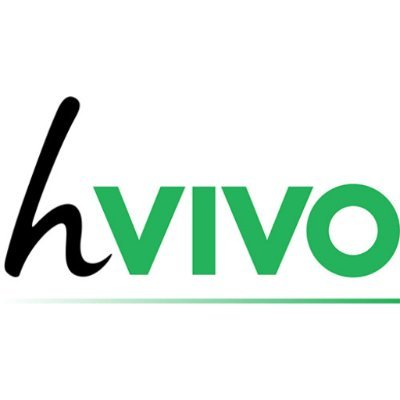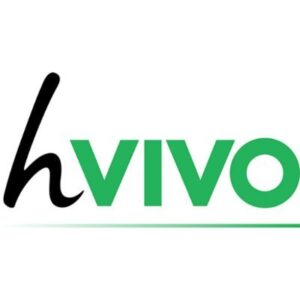Human viral challenge studies have become essential in evaluating the effectiveness of vaccines, treatments, and prophylactics, providing quicker results compared to larger Phase 2a/b field trials. hVIVO has developed various challenge agents for human use, including RSV, influenza, and SARS-CoV-2, to assess the efficacy of vaccines and drugs. Alongside the conventional clinical assessments, such as temperature monitoring, physical exams, and virology tests, participants are also asked to complete daily cold perception questionnaires to gauge their subjective experience of cold symptoms.
These questionnaires offer valuable insights into the timing and incidence of perceived cold symptoms following viral challenges. For instance, RSV infections show a high incidence of cold perception, with symptoms such as sore throat and upper respiratory tract (URT) issues frequently reported. Interestingly, cold perception does not always correlate directly with the overall severity of other symptoms like fever, suggesting that it may not be the most reliable sole indicator of infection intensity. This finding challenges the assumption that cold perception could serve as a trigger for treatment or as an endpoint for vaccine efficacy testing.
In terms of symptom distribution, cold perception is not uniform across different viruses. For example, participants infected with RSV typically experience cold symptoms around the time of viral onset, while for influenza and SARS-CoV-2, these symptoms appear closer to the peak of viral shedding. This timing information is crucial as it suggests that cold perception could be used to monitor infection progress and potential treatment windows. However, the overlap in symptom timing between viral shedding and cold perception makes it difficult to pinpoint the precise moment for intervention based solely on perceived cold symptoms.
When assessing the impact of cold perception on vaccine testing, particularly for RSV, the study suggests that it might serve as a useful endpoint. RSV participants often perceive colds before the virus reaches its peak, indicating that treatment interventions might be more effective during the earlier stages of infection. This contrasts with the later onset of cold symptoms seen in influenza and SARS-CoV-2, which may require different treatment strategies.
The study’s findings provide significant insights into the utility of cold perception as a marker in clinical trials. While it offers a subjective measure of symptom experience, it does not always correlate with the severity of other clinical indicators, such as viral load or total symptom burden. As a result, relying on cold perception alone may not be sufficient for determining vaccine or treatment efficacy. However, when used in combination with other clinical data, it could help improve the precision of virus challenge models and enhance the development of treatments and vaccines.
Patient perception of cold symptoms plays an important, though nuanced, role in understanding viral infections and their treatment. The timing of perceived cold onset relative to viral shedding, along with symptom severity, can offer valuable insights into treatment efficacy and the optimal timing for interventions. These findings underscore the need for a comprehensive approach to evaluating viral infections, combining patient-reported symptoms with objective clinical measures.
hVIVO plc (formerly Open Orphan plc), led by Cathal Friel, is a rapidly growing specialist contract research organisation (CRO) and the world leader in testing infectious and respiratory disease vaccines and antivirals using human challenge clinical trials, providing end-to-end early clinical development services for its broad and long-standing client base of biopharma companies.


